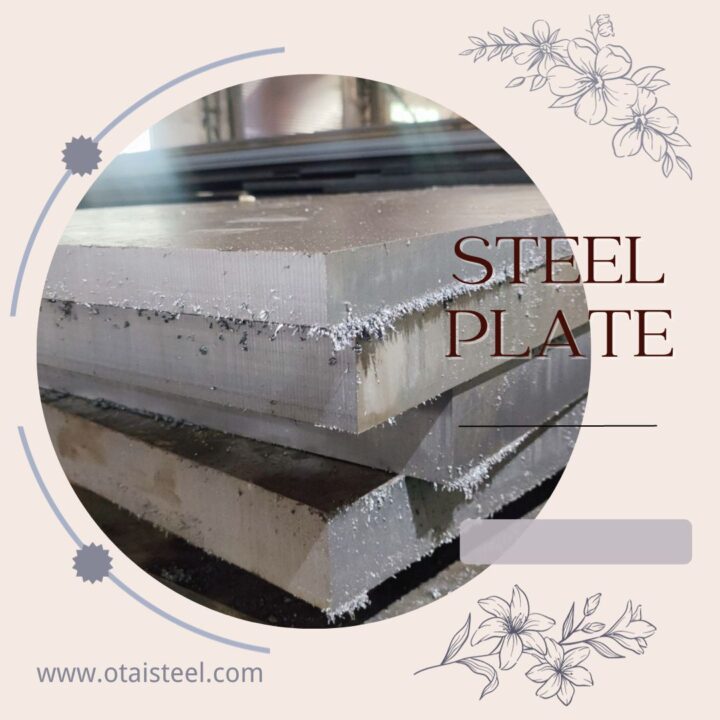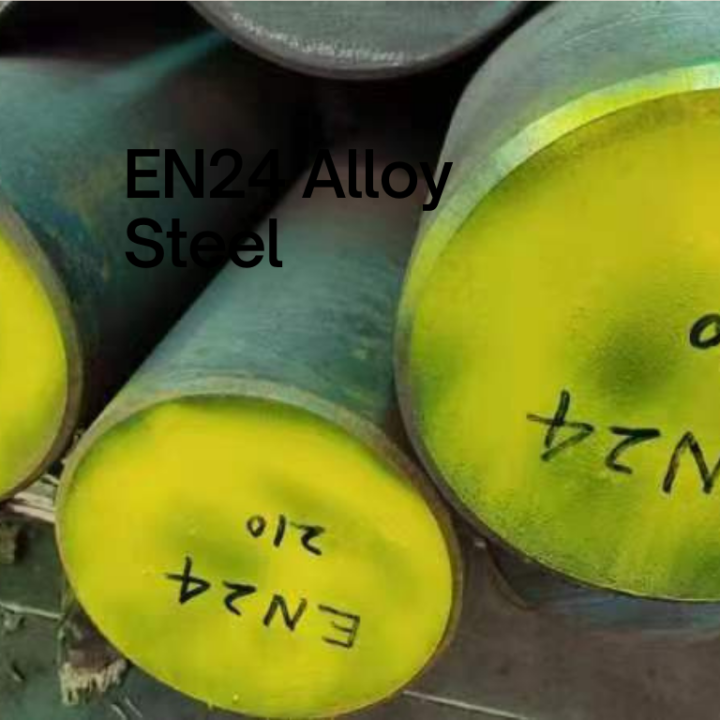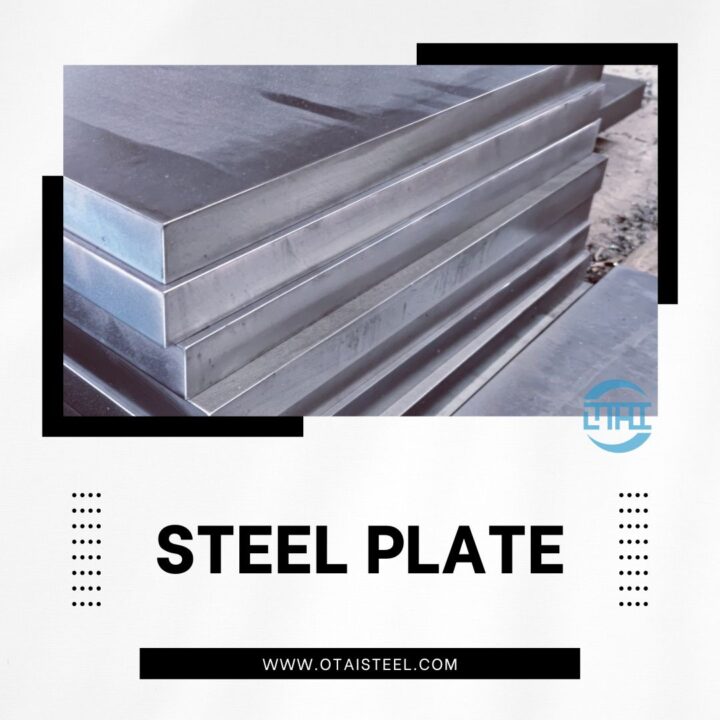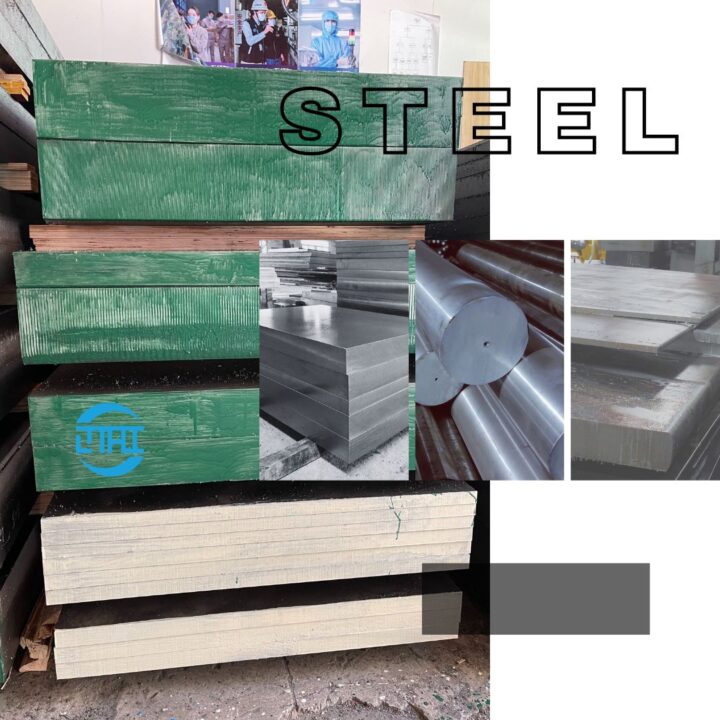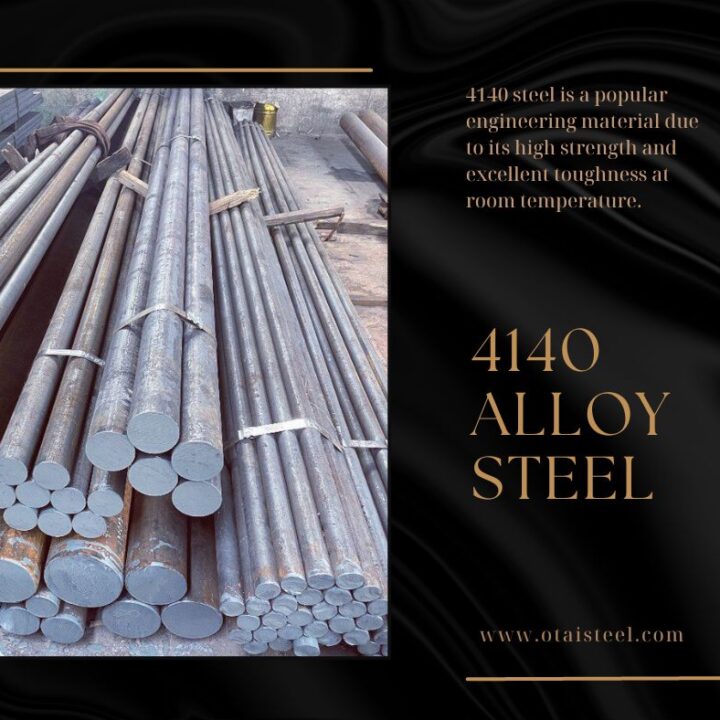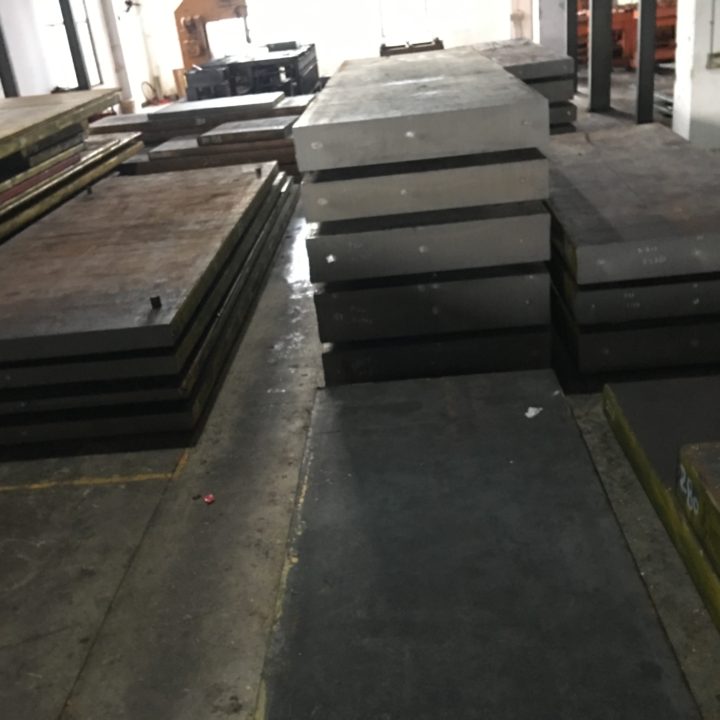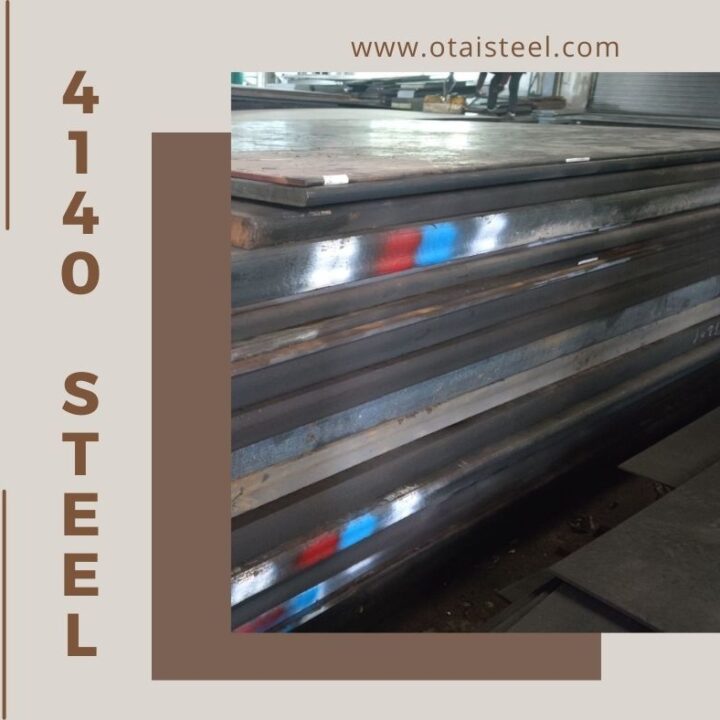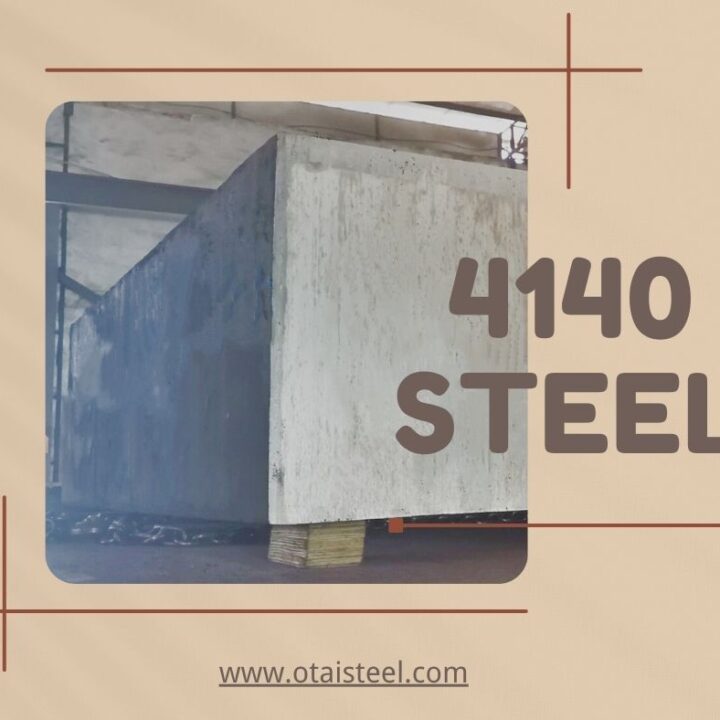4140 steel, also known as chromoly steel, is a low-alloy steel containing chromium and molybdenum. It is renowned for its high strength, toughness, and wear resistance, making it suitable for demanding applications.
Hydraulic and Pneumatic Cylinders: Applications and Challenges
- Applications of High-Pressure Cylinders
High-pressure hydraulic and pneumatic cylinders are used in industries such as construction, manufacturing, mining, and aerospace to facilitate force and motion.
- Challenges in Cylinder Design
Cylinder fabrication must address challenges such as high operating pressures, cyclic loading, and exposure to harsh environments.
Advantages of Using 4140 Steel in pneumatic cylinders
- High Strength and Durability
4140 steel’s high strength-to-weight ratio ensures that hydraulic and pneumatic cylinders can withstand substantial loads without succumbing to deformation or failure.
- Resistance to Wear and Fatigue
The steel’s resistance to wear and fatigue minimizes the risk of surface damage and extends the lifespan of the cylinders, even in high-frequency applications.
- Improved Fracture Toughness
4140 steel’s fracture toughness enhances the cylinders’ ability to absorb and dissipate energy, making them less prone to catastrophic failures.
- Dimensional Stability and Precision Machining
The alloy’s dimensional stability and machinability allow for accurate fabrication and tight tolerances, ensuring smooth and efficient cylinder operation.
- Cost-Effectiveness and Longevity
The cost-effectiveness and longevity of 4140 steel cylinders make them a favorable choice for various industries, reducing maintenance and replacement costs.
Fabrication Techniques and Processes
- Material Selection and Preparation
Choosing high-quality 4140 steel and proper heat treatment is crucial for achieving the desired mechanical properties.
- Forging and Forming
Forging and forming processes shape the steel into the required cylinder components, enhancing its strength and integrity.
- Machining and Finishing
Precision machining and finishing techniques ensure dimensional accuracy and surface quality in the cylinder’s components.
Quenching and Tempering for Optimal Properties
Quenching and tempering processes are essential steps in heat treatment to achieve the desired hardness, toughness, and microstructure in 4140 steel cylinders.
Quality Control and Testing
Thorough quality control measures and non-destructive testing validate the integrity and performance of the fabricated cylinders.
Safety Considerations in Cylinder Manufacturing
Strict adherence to safety standards and best practices during fabrication is critical to ensuring the reliability and safe operation of high-pressure cylinders.
By employing proper fabrication techniques and adhering to safety standards, manufacturers can create durable and reliable cylinders capable of withstanding the demands of high-pressure environments. (4140 steel in pneumatic cylinders)
